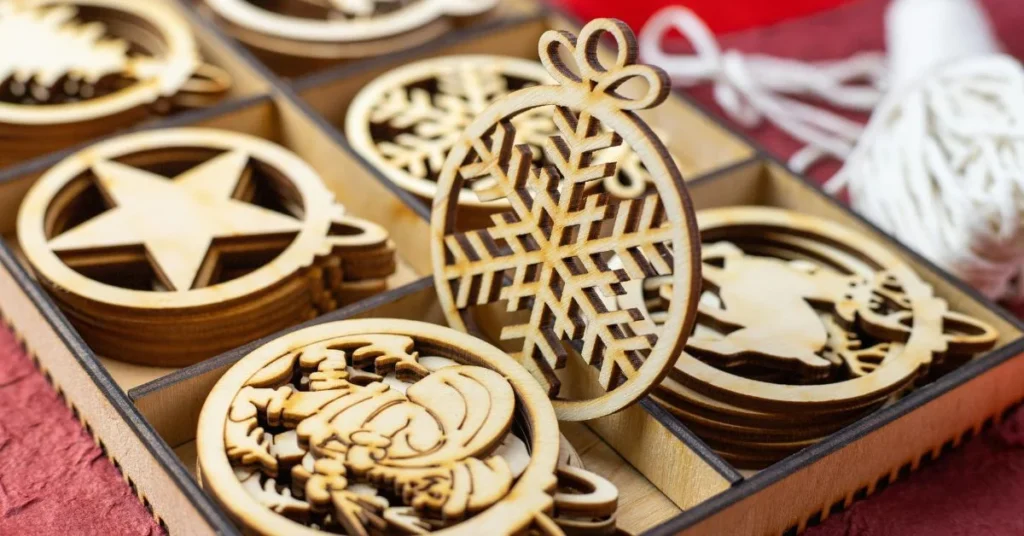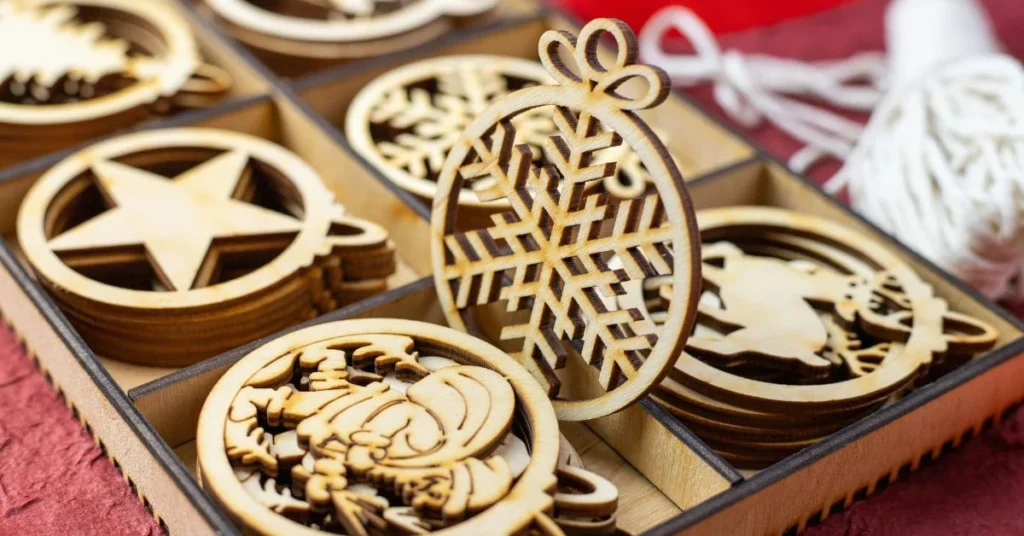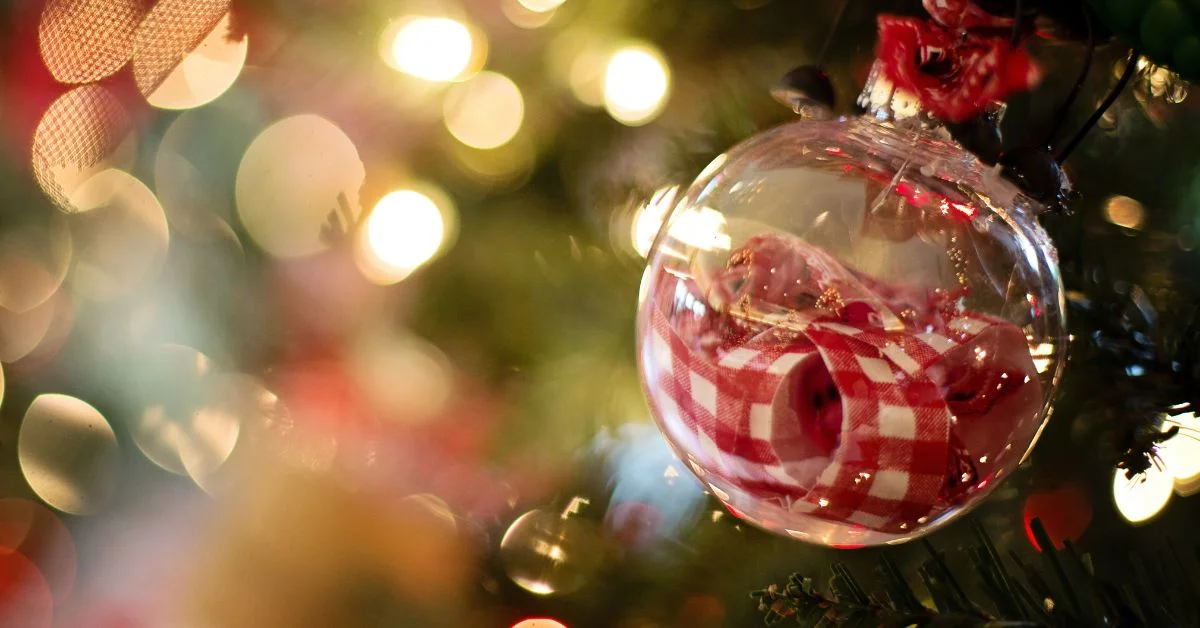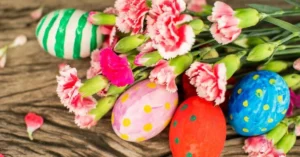In a season awash with glitter, LEDs, and plastic decor, wooden Christmas ornaments offer a quiet, enduring beauty. These small, often hand-carved keepsakes not only decorate a tree—they tell stories. Whether it’s a vintage sled, a painted soldier, or a minimalist Scandinavian star, wooden ornaments are a nostalgic yet increasingly modern choice in holiday decor. Their timelessness, sustainability, and craftsmanship appeal to a generation seeking authenticity in a world of mass production.
If you’re wondering what makes wooden Christmas ornaments special, how they’re made, or how they can fit into your holiday celebration today, this guide unpacks everything with thought, detail, and seasonal reverence.
What Are Wooden Christmas Ornaments?
At their core, wooden Christmas ornaments are holiday decorations crafted from wood and used to adorn Christmas trees, mantels, wreaths, or window sills. Unlike their plastic or glass counterparts, these ornaments often highlight artisanal craftsmanship—carved, turned, or laser-cut—bringing a tactile warmth that plastic can’t mimic.
Wooden ornaments can range from:
- Traditional German figurines
- Rustic barn-inspired shapes
- Minimalist Nordic designs
- Whimsical animals and toys
- Custom laser-engraved names or messages
They’re more than decorations; they’re heirlooms in waiting.
The Historical Roots: Germany to the World
The tradition of using wooden decorations at Christmastime can be traced back to 19th-century Germany, where woodworkers in the Erzgebirge region carved figurines to celebrate the holiday. These were not just ornaments but also part of religious storytelling—nativity scenes, angels, and St. Nicholas figures made in workshops passed down for generations.
By the early 20th century, German immigrants brought these handmade treasures to America, helping establish the practice of decorating trees with handcrafted wood figures. Over time, styles evolved—embracing Scandinavian minimalism, American folk art, and even Japanese precision woodcraft—yet the essence remained: nature meets tradition.
Why Wooden Ornaments Matter Today
In an age of cheap imports and fast fashion, there’s a growing appreciation for objects with integrity, sustainability, and meaning. Wooden Christmas ornaments resonate for several key reasons:
1. Sustainability
Wood is a renewable resource. When responsibly sourced, it’s environmentally friendly—especially when compared to plastics that pollute landfills and oceans. Many artisans today use FSC-certified woods or reclaimed materials.
2. Aesthetic Warmth
Nothing quite matches the look and feel of real wood. It ages gracefully, with softening tones and visible grain that enhance over the years. Whether left natural or painted, wooden ornaments add an organic elegance.
3. Handmade Value
Unlike molded plastic or factory-stamped metals, wooden ornaments are often hand-carved or hand-painted. That means each one carries a unique fingerprint of the maker.
4. Tradition & Storytelling
Ornaments are often tied to memory. Each wooden piece—whether a rocking horse, a snowman, or a star—can symbolize a moment, person, or feeling, making them perfect for yearly family traditions.
Popular Styles and Regional Variations
🇩🇪 German Erzgebirge Ornaments
These include:
- Nutcrackers
- Smokers (Räuchermänner)
- Miniature wooden toys
- Tiered pyramids
Known for detailed carving and vibrant hand-painting.
🇸🇪 Scandinavian Minimalism
Think:
- Simple geometric shapes
- Clean lines
- Natural, unpainted woods like birch or ash
Perfect for a modern, minimalist tree.
🇺🇸 American Folk Ornaments
Common in farmhouse and rustic decor:
- Stars, hearts, and sleds
- Often painted in muted reds and greens
- Use of barnwood or reclaimed timber
🇯🇵 Japanese Kokeshi-Inspired Ornaments
Clean, lacquered finishes with adorable hand-painted faces. Precision and peace in equal measure.

Types of Wooden Ornaments
1. Hand-Carved Ornaments
These often resemble tiny sculptures and can include detailed figures like angels, animals, or tiny nativity scenes. Each is one-of-a-kind.
2. Laser-Cut Designs
Modern technology meets tradition. Precision-cut wood allows for intricate snowflakes, names, and silhouettes that would be impossible to carve by hand.
3. Turned Wood Ornaments
Using a lathe, these are shaped into spheres or teardrops—often mimicking the shape of traditional glass baubles, but in beautiful wood grains.
4. Ornaments for Painting
Popular in DIY kits, these plain wooden blanks invite creativity and personalization, making them a hit for children and family craft nights.
How to Choose the Right Wooden Ornament
When selecting wooden Christmas ornaments, consider:
- Wood Type: Maple and birch are light and smooth, while oak and walnut add rich grain.
- Finish: Natural, stained, painted, or lacquered? Each adds a different vibe.
- Size and Weight: Heavier pieces may need stronger branches or wire hooks.
- Craftsmanship: Are they hand-carved or laser-cut? Signed by the maker? These details can add emotional and financial value.
- Theme: Do you want religious icons, woodland animals, or abstract designs? Let your tree tell a cohesive story.
Personalization and Gift Ideas
Customized wooden ornaments have exploded in popularity. Whether it’s a child’s first Christmas, a wedding date, or a family pet, engraving or painting a personal message turns a simple object into a lasting memento.
Popular personalized themes include:
- Baby’s first Christmas
- New home ornaments
- Couple’s initials or wedding dates
- Pet-themed ornaments
- Yearly family photo frames with a wooden border
These make thoughtful, heartfelt gifts—easy to ship, beautiful to unwrap, and meaningful to keep.
Caring for Wooden Ornaments
With proper care, wooden ornaments can last for generations. Here’s how to preserve their beauty:
- Avoid moisture: Store in a dry place to prevent warping or mold.
- Wrap individually: Use acid-free tissue or cloth to prevent scratching painted surfaces.
- Store in a climate-controlled area: Extreme temperature changes can cause cracks.
- Dust gently: Use a soft brush to clean carved or intricate parts.

Modern Takes on Wooden Christmas Ornaments
Designers today are reimagining the traditional wooden ornament:
- Modular Ornaments: Interlocking pieces that can be assembled into 3D forms.
- Interactive Designs: Small moving parts or spinning elements.
- Mixed Materials: Wood combined with felt, leather, or metal for added texture.
- LED Integration: Subtle lighting built into wooden stars or trees.
Some brands are even offering AR-enhanced ornaments, where scanning the ornament with a phone reveals a virtual message, photo, or story—blending the tactile and digital worlds.
Sustainability & Ethics in Ornament Making
The growing emphasis on eco-conscious consumerism has influenced ornament production in several ways:
- Use of reclaimed or salvaged wood
- Local sourcing to reduce carbon footprints
- Paying fair wages to artisans in developing countries
- Offering carbon-neutral shipping
When buying, look for:
- FSC-certified woods
- Artisan cooperatives or fair trade labeling
- Made in small batches or locally
Supporting these practices doesn’t just make you feel good—it sends a signal that holiday beauty doesn’t have to come at an environmental or ethical cost.
How Wooden Ornaments Compare to Other Materials
| Feature | Wooden Ornaments | Glass Ornaments | Plastic Ornaments |
| Durability | High (less fragile) | Fragile | Very durable |
| Environmental Impact | Low | Medium | High (non-biodegradable) |
| Aesthetic Value | Warm and classic | Elegant and shiny | Variable |
| Customization | High | Low | Medium |
| Cost Range | Medium | Medium to high | Low |
Wooden ornaments are a balanced choice—aesthetic, eco-friendly, and personal.
Conclusion
In a world racing toward the new, wooden Christmas ornaments offer a return to the meaningful. They’re more than nostalgic decor. They are vessels of memory, craftsmanship, and cultural continuity. Whether hung on a spruce in a Manhattan apartment or nestled into a branch in a Midwestern farmhouse, each wooden ornament carries a story—and that story grows with every Christmas it reappears.
This season, amid the sparkle and rush, let your tree hold something enduring. A carved angel. A painted reindeer. A name in wood. These small tokens of care remind us that Christmas is not only what we buy, but what we preserve.
FAQs
1. Are wooden Christmas ornaments eco-friendly?
Yes. When made from sustainably harvested or reclaimed wood, wooden ornaments are a much more environmentally conscious choice than plastic.
2. Can I make my own wooden ornaments at home?
Absolutely. Many craft stores sell plain wood ornament blanks you can paint or decorate. Simple designs can also be made using a jigsaw or laser cutter.
3. How should I store wooden ornaments to ensure longevity?
Keep them in a dry, temperature-stable space. Wrap each in tissue or fabric and store in a sealed box away from moisture and pests.
4. Where can I find personalized wooden ornaments?
Many online shops and local artisans offer custom engraving or painting services. Look for options on platforms like Etsy or at holiday craft markets.
5. Are wooden ornaments safe for children and pets?
Yes, but avoid small detachable parts for very young children. Non-toxic finishes and paints are ideal if the ornament may be handled frequently.
For more information, click here.









